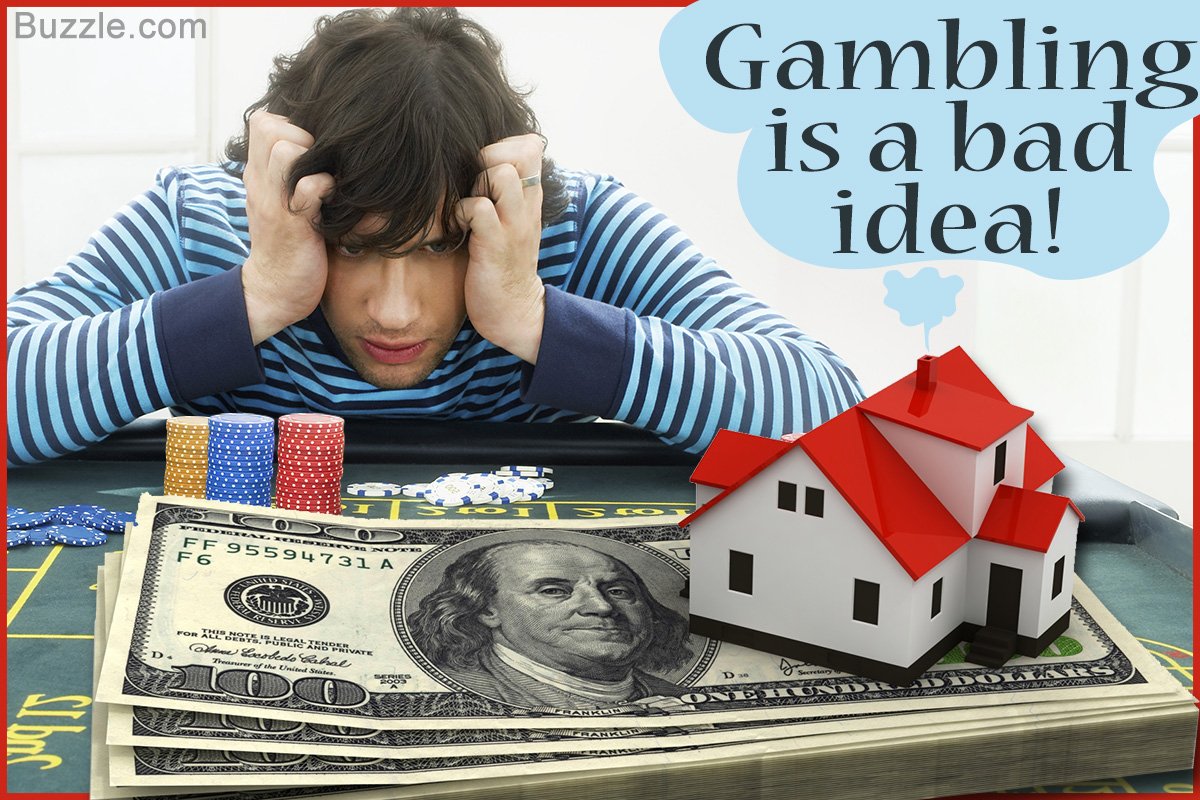Gambling Affecting Mental Health
Gambling doesn’t just affect your wallet. It impacts your relationships, health, and wellbeing. Individuals who are addicted to gambling tend to have worse health due to ingesting caffeine, cigarettes, alcohol, even other [and illicit] substances. It can also negatively affect your mental health.
In this article, we will learn how gambling affects mental health. Gambling addiction and mental disorder Hidehiko Takahashi, a researcher from Kyoto University said gambling addiction is a form of mental disorder that makes someone fond of taking high-risk decisions even though the results are self-defeating. The 4-hour Mental Health First Aid Conversations about Gambling course is for any interested adult. You will learn how to identify, approach and support someone experiencing gambling harm using a practical, evidence based action plan.
Gambling can cause anxiety, stress, depression, and even suicide. Riding the highs of a winning streak is intoxicating, but repeated losing sprees can take you down a dark road filled with negative thoughts and bad ideas. Friends, relatives, and associates of gambling addicts tend to notice a short fuse and increased irritability once any wagering takes over one’s life. Irrational thoughts like “I can break even if I increase my bets” or “I am not down that much” can be the start of a snowball effect that leads to dire consequences. Having unwanted thoughts or any psychiatric disorder related to problem gambling can lead to individuals taking matters into their own hands.

Irrational thinking becomes extremely detrimental gambling leads to self-medicating oneself to cope with their benders, losses, or general frustration. Common effects from drug ingestion (including alcohol, nicotine, and caffeine) include abnormal heart rate and blood pressure, hangovers, blackouts, and deficient immune systems [which can lead to easily acquiring colds, infections, viruses, and other sicknesses]. In some cases, deadly diseases can come from intravenous drug use or uninhibited sexual acts. These illnesses can include Hepatitis B, Hepatitis C, HIV and many others.
Although not all gamblers drink or take drugs, it is a common combination. Casinos offer free drinks for all of their guests over the age of twenty-one. Whether the drink be alcoholic or simply contain caffeine (i.e. Red Bull or coffee), it can increase the amount of time that you gambler. It can also lessen your inhibitions leading to risky decisions while gambling in games ranging from poker to craps. Consuming alcohol on a regular basis can lead to Cirrhosis (liver disease), heart attacks, brain damage, diabetes, and cancer. Habitual gambling and drinking can also lead to an increase in criminal activity and a decrease in work productivity.
To view NJ gamblers anonymous meetings, visit http://800gambler.com or call our 24/7 gambling help hotline at 1-800-GAMBLER today. We are here to help… one day at a time.
October is home to National Mental Health Awareness Week. While these seven days are designated to educate people about mental health issues, it’s important that the other 358 follow suit. This movement’s goal is to let everybody know that mental illness is not equated to personal weakness. According to Neva Pryor, Executive Director of the Council on Compulsive Gambling of New Jersey, The National Alliance on Mental Illness’ website encourages everybody to see the person for who they are and not for their illness.
Did You Know? 1 in 5 Americans lives with a mental health condition. You or somebody you know likely deals with mental illness every day, and needs compassion, empathy and understanding. What they don’t need is judgment, criticism or a stigma.

The National Alliance on Mental Illness and the Council on Compulsive Gambling of New Jersey are taking the pledge to be #StigmaFree, and you can, too.
- Together wecan promote acceptance.
- Together wecan actively challenge negative social stereotypes.
- Together wecan shift the social and systemic barriers for those living with mental health conditions.
- Together wecan encourage understanding through powerful words and meaningful actions.
Share your #StigmaFree images, posts, and support on every platform. Inspire others through Facebook, Twitter, Instagram and SnapChat.

How Gambling Affects Mental Health
How does mental health relate to gambling?
- In one of our previous blog posts, “How Gambling Affects Your Health,” we discuss how gambling can cause mental stress ranging from anxiety to depression and suicidal thoughts. Combining preexisting mental health disorders can multiply these side effects and lead to gambling spiraling out of control.
- The correlation between problem gambling and mental health issues is complicated. Sometimes gambling can lead to mental health problems, and sometimes the sequence occurs in reverse order.
Gambling Affecting Mental Health Disparities
Picture This: You’ve been suffering from anxiety and panic attacks for five years. You’ve found a great regimen of treatment that has been working. Your best childhood friend is getting married, and you are invited to the bachelor(ette) party in Atlantic City. Everything is going fine until the group decides to post up at the roulette table.
You think to yourself, “I should probably sit this round out. I am living paycheck to paycheck and a financial loss would really set me back.” You maintain your composure. You sit back and watch your friends gamble for hours on end while you take advantage of the complimentary cocktails. “Am I the only one no having fun? One or two bets can’t hurt,” you think to yourself.
(Blog Image Source – Roulette Table)
You decide to join the crowd and play a few spins. You exchange your hard-earned $100 bill for some plastic chips and after a few wagers (some winning and some losing) you up the stakes. “This is easy. I am having fun, and I only lost $50,” you say to the stranger to your left.
Fast forward one hour, two drinks and three ATM withdrawals. The fun has stopped, and so has the winning streak. Your group heads back to the hotel rooms, and you are having second thoughts. “Was that $1,000 worth the rush? Was that the cost of fitting in?” You may even justify the decision to yourself and conjure a plan to win back your losses in a different type of game (i.e. sports gambling in East Rutherford, NJ, or in Atlantic City).
Everybody is going to sleep, but your mind is uneasy. You realize that you have to tell your roommates about losing next month’s rent and the stress snowballs into intense anxiety. You can’t sleep. You can barely breathe. “Oh no. Please. No. Not here. I can’t have a panic attack here.” Unfortunately, it’s too late. Your fate has been decided for you, and your mental health issue is rearing its ugly head…
In conclusion:
- Don’t let the bright lights and peer pressure trigger your recurring mental health issues. Whether you have a health issue or gambling addiction, help is available.
- Situations like the one above do not have to affect you or your loved ones ever again. There is hope. For more information on our services and the relationship between mental health and gambling, call 1-800-GAMBLER.

Gambling Affecting Mental Health Facilities
Our support team is available 24 hours a day, and we are here for you, your friends, or anybody who needs help handling problematic gambling and sports betting around East Rutherford, NJ.